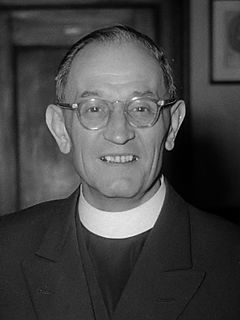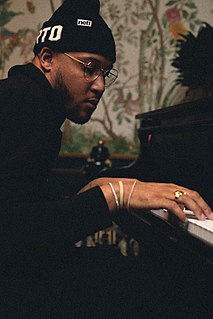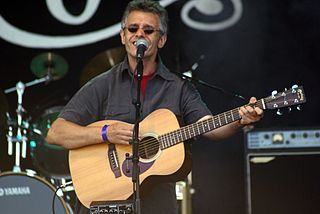A Quote by Jean Rhys
The last time you were happy about nothing; the first time you were afraid about nothing. Which came first?
Related Quotes
If the regular length of a shot is increased, one becomes bored, but if you keep on making it longer, a new quality emerges, a special intensity of attention.' At first there can be a friction between our expectations of time and Tarkovsky-time and this friction is increasing in the twenty-first century as we move further and further away from Tarkovsky-time towards moron-time in which nothing can last—and no one can concentrate on anything—for longer than about two seconds.
First they arrested the Communists - but I was not a Communist, so I did nothing. Then they came for the Social Democrats - but was not a Social Democrat, so I did nothing. Then they arrested the trade unionists - and I did nothing because I was not one. And then they came for the Jews and then the Catholics, but I was neither a Jew nor a Catholic and I did nothing. At last they came and arrested me - and there was no one left to do anything about it.
The strange thing about my life is that I came to America at about the time when racial attitudes were changing. This was a big help to me. Also, the people who were most cruel to me when I first came to America were black Americans. They made absolute fun of the way I talked, the way I dressed. I couldn't dance. The people who were most kind and loving to me were white people. So what can one make of that? Perhaps it was a coincidence that all the people who found me strange were black and all the people who didn't were white.
The first time I remember women reacting to me was when we were filming Hud in Texas. Women were literally trying to climb through the transoms at the motel where I stayed. At first, it's flattering to the ego. At first. Then you realize that they're mixing me up with the roles I play - characters created by writers who have nothing to do with who I am.
I don't know if you've ever noticed this, but first impressions are often entirely wrong. You can look at a painting for the first time, for example, and not like it at all, but after looking at it a little longer you may find it very pleasing. The first time you try Gorgonzola cheese you may find it too strong, but when you are older you may want to eat nothing but Gorgonzola cheese. Klaus, when Sunny was born, did not like her at all, but by the time she was six weeks old the two of them were thick as thieves. Your initial opinion on just about anything may change over time.
When I first starting making beats, I didn't know samples were being used in any beats. I had no idea where producers were getting the real string sounds or the voices on their tracks. I knew nothing about loops or sampling off of records. So, by me knowing nothing about this it made me concentrate on my chords on the keyboard.
When we were making it [Star Wars], none of the effects were in. So the first time, I thought it was, you know, that - I mean, we were surrounded by English crew members that could hardly keep themselves together. They were, "Here comes the guy in the dog suit." They made fun of us, which was OK. But the first time I was sitting in a theater, and I saw all the effects in, and the big ship flew over the audience, and the sound rumbled, I pretty much thought we were close to home.
When I received the invitation to "check out" Fairport I knew absolutely nothing about them, all I knew was that they were beginning to establish themselves as an underground favorite, by playing regularly at the UFO club in Covent Garden. But the crowd I was running with at the time were listening to a completely different genre of music. So I had nothing to go on, there was nothing on vinyl, Fairport's recording days were still ahead of them.
I think back to some of the pots we made when we first started our pottery, and they were pretty awful pots. We thought at the time they were good; they were the best we could make, but our thinking was so elemental that the pots had that quality also, and so they don't have a richness about them which I look for in my work today. Whether I achieve it all the time, that's another question, because I don't think a person can produce at top level 100 percent of the time.







































